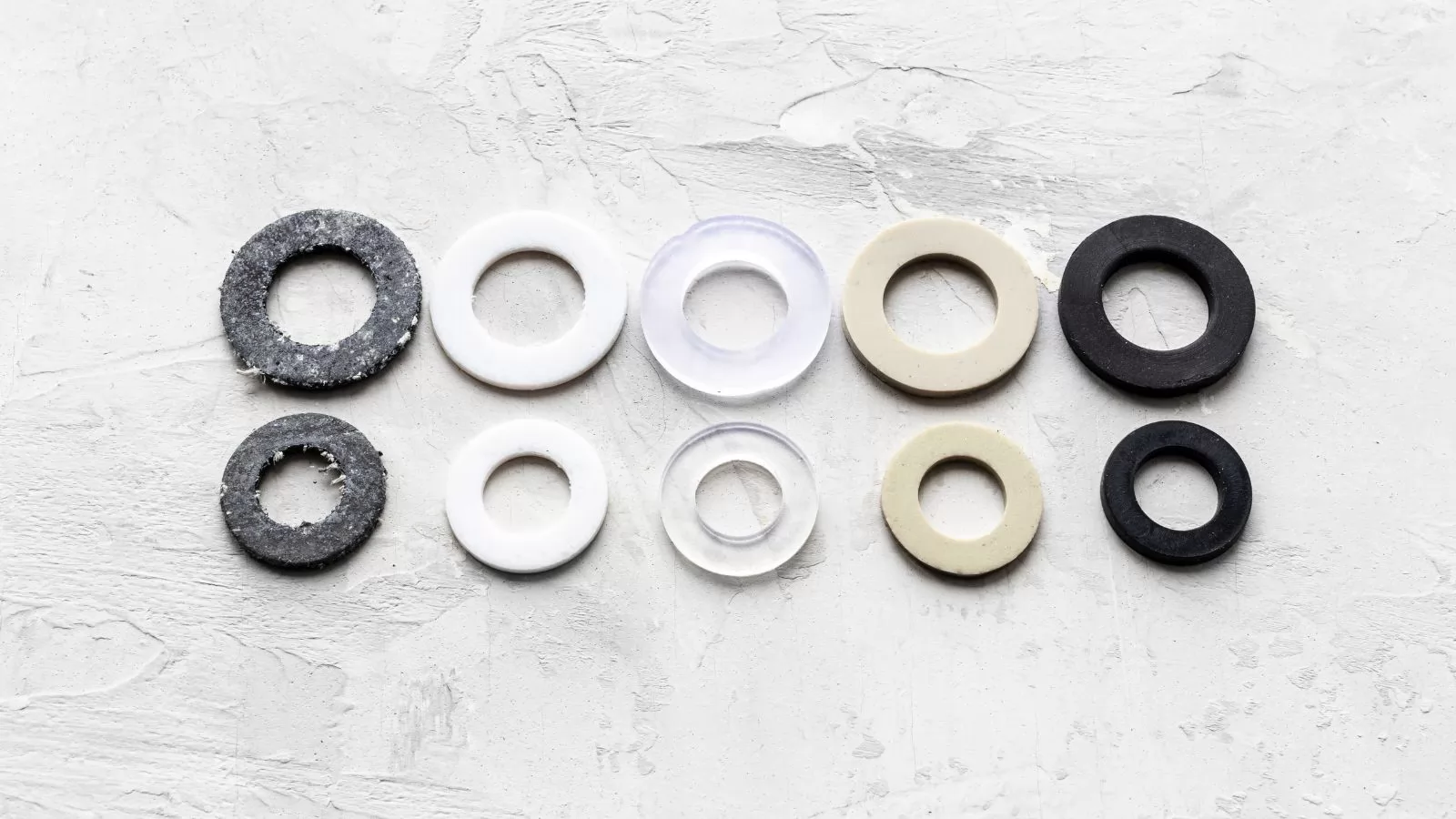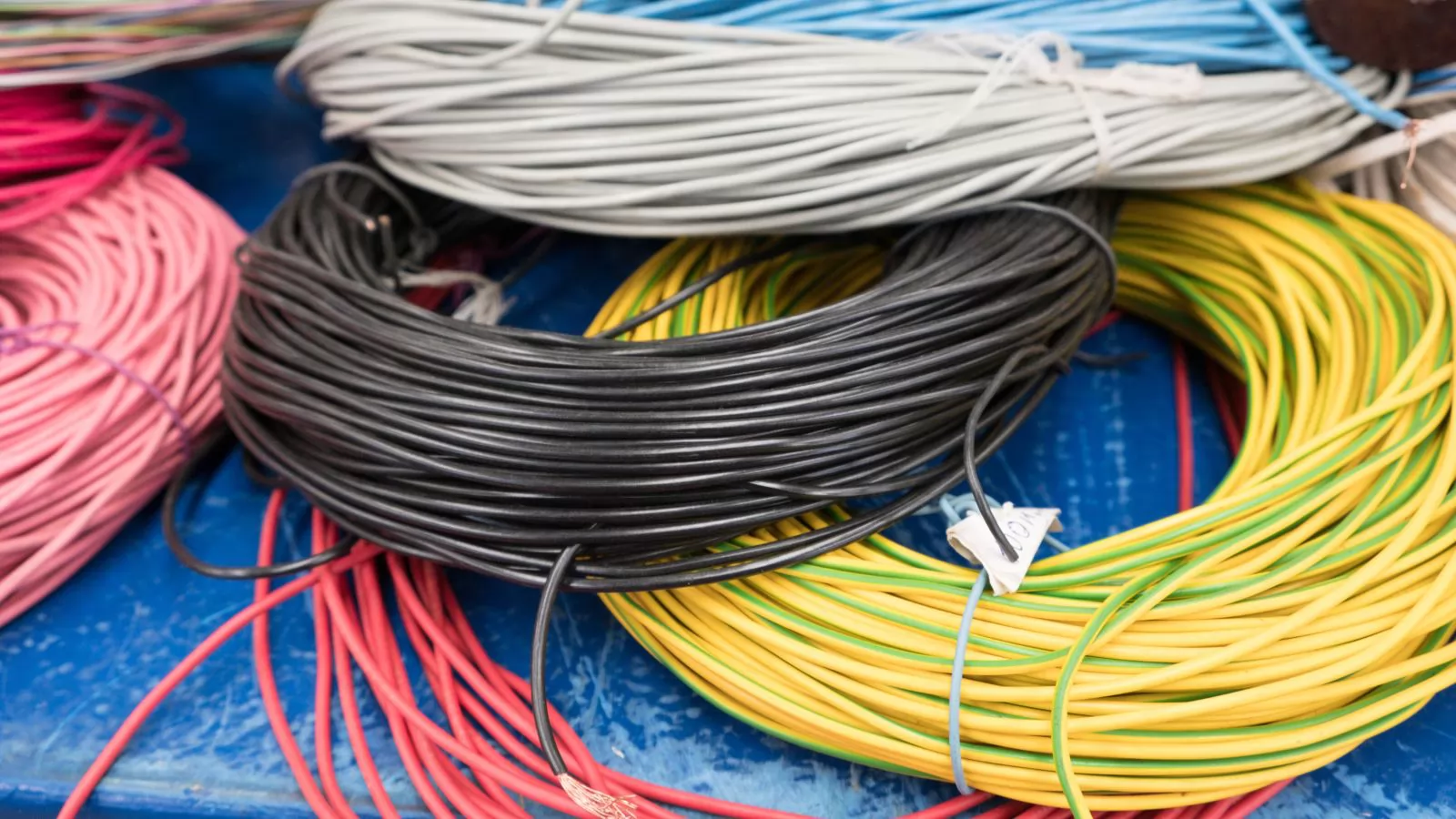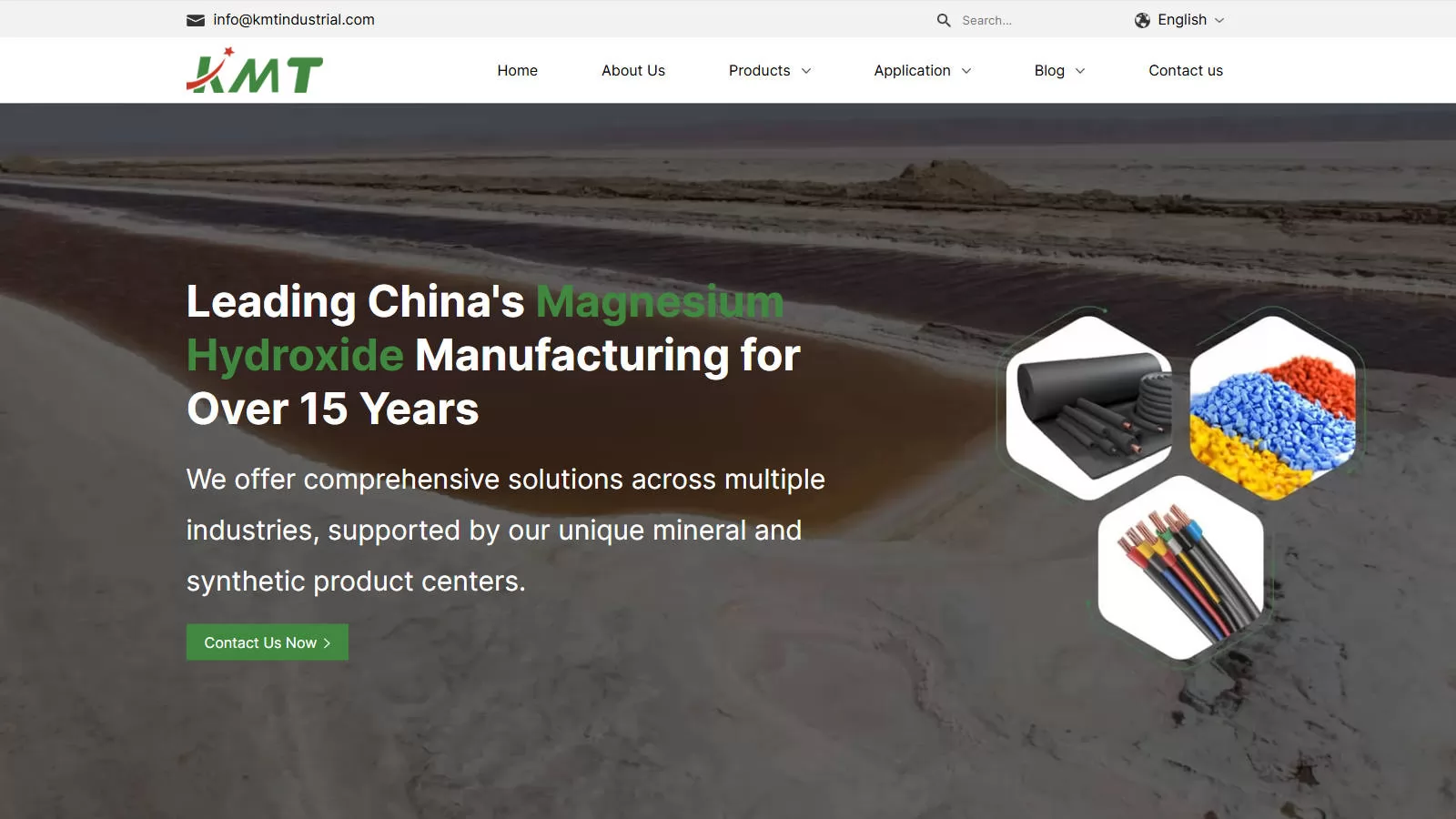


- Home
- About Us
-
Products
.png)
-
Application
.png)
-
Blog
.png)
- Contact us


Basic Knowledge of Mixed Silicone Rubber
![]()
Imagine a material that is both flexible and durable, and can withstand extreme temperatures. From electronic components and medical devices to cookware and automotive parts, this material is everywhere. Silicone rubber is a versatile staple in industries that require reliability and resilience. But within the silicone rubber family, hybrid silicone rubber stands out with unique properties that make it particularly suitable for specific applications.
Hybrid silicone rubber is a synthetic material that combines silicon with various additives to enhance its properties to meet different needs. It is known for its flexibility, high temperature resistance, and excellent durability, which is why it is often the material of choice in demanding environments. From sealing and insulation in electronics to heat-resistant molds in the kitchen, hybrid silicone rubber is everywhere, making it a valuable material across multiple fields.
In this article, we will give a comprehensive overview of hybrid silicone rubber, covering its characteristics, applications, advantages, and limitations. By the end, you will have a clear understanding of the role and relevance of this material, helping you make an informed decision in your industry or project.
1. Definition and Types of Mixed Silicone Rubber
1.1 What is Mixed Silicone Rubber?
1.2 Types of Mixed Silicone Rubber
2. Properties of Mixed Silicone Rubber
3. Benefits of Hybrid Silicone Rubber
4. Disadvantages of Hybrid Silicone Rubber
5. Applications of Mixed Silicone Rubber
6. Who can provide you with high-quality products?
7. Conclusion
Definition and Types of Mixed Silicone Rubber
What is Mixed Silicone Rubber?
Mixed silicone rubber refers to a type of silicone material that requires preparation before use, typically involving the combination of two main components: a base resin and a curing agent. This mixture undergoes a chemical reaction, resulting in a solidified, flexible rubber with excellent resilience. Chemically, mixed silicone rubber is composed of silicon, oxygen, carbon, and hydrogen atoms, forming a unique polymer structure that combines flexibility with temperature resistance and durability. Its chemical structure contributes to its stability and versatility, making it ideal for a variety of demanding applications.
Types of Mixed Silicone Rubber
- Room Temperature Vulcanizing (RTV) Silicone
- Liquid Silicone Rubber (LSR)
- High-Strength Silicone Rubber
- Low-Hardness Silicone Rubber
Each of these types offers specific benefits tailored to various industry needs. By understanding the properties of each, manufacturers and designers can select the most suitable mixed silicone rubber for their unique requirements.

Properties of Mixed Silicone Rubber
- Excellent Heat Resistance
Mixed silicone rubber is renowned for its outstanding resistance to extreme temperatures, both high and low. This material can typically operate in temperatures ranging from -50°C up to 250°C, with some formulations extending beyond this range. Its stability at high temperatures makes it particularly suitable for applications in environments like automotive engines, industrial machinery, and cooking appliances, where maintaining material integrity under heat is crucial.
- Chemical Resistance
Another valuable property of mixed silicone rubber is its high resistance to a variety of chemicals, including acids, alkalis, and many solvents. This resistance makes it ideal for use in harsh chemical environments where materials need to withstand exposure without degrading. Applications often include seals and gaskets in chemical processing, laboratory equipment, and components that may come in contact with aggressive substances.
- Good Electrical Insulation
Mixed silicone rubber is an excellent electrical insulator, which makes it a preferred material for use in electronics and electrical equipment. Its ability to prevent electrical currents from passing through enhances safety and ensures reliability, especially in environments where electrical insulation is critical. It is frequently used in insulative coatings, connectors, and housing for electronic components.
- Flexibility and Elasticity
Known for its soft and elastic nature, mixed silicone rubber can be easily stretched and compressed, yet it returns to its original shape without permanent deformation. This flexibility is advantageous in applications requiring cushioning or resilience, such as seals, flexible connectors, and protective covers in both industrial and consumer products. Its elasticity allows it to maintain a reliable seal even under pressure or movement, making it highly effective in dynamic or mobile applications.
Benefits of Hybrid Silicone Rubber
In addition to the above excellent properties, mixed silicone rubber also has the following advantages:
- Versatility
The unique chemical structure of hybrid silicone rubber allows it to be formulated and adjusted for a variety of applications. Its versatility allows it to adapt to different environments and is suitable for industries such as electronics, healthcare, automotive and consumer products.
- Durability and Lifespan
Hybrid silicone rubber resists UV rays, ozone, and weathering, extending its lifespan even in outdoor or exposed environments. Its durability minimizes the need for frequent replacement, helping to reduce long-term maintenance costs and improve reliability.
- Biocompatibility
Certain types of hybrid silicone rubber are biocompatible, making them suitable for medical applications that come in contact with human tissue. This property is critical for products that require safe, non-toxic materials, such as medical implants, prosthetics, and other healthcare devices.

Disadvantages of Hybrid Silicone Rubber
- Higher cost
Hybrid silicone rubber tends to be more expensive compared to other rubber materials such as natural rubber or standard synthetic rubber. Higher costs may limit budget-sensitive applications, especially in large-scale production where material costs can significantly impact overall costs.
- Mechanical strength is relatively low
While hybrid silicone rubber is flexible and durable in many environments, its tensile strength and tear resistance are generally lower than some other elastomers. This limitation makes it less suitable for applications requiring high mechanical strength or heavy-duty performance.
- Limited resistance to certain chemicals
While hybrid silicone rubber is resistant to many chemicals, it may not resist certain substances well, such as concentrated acids, strong bases, or certain organic solvents (such as gasoline). This may limit its use in certain industrial settings where these chemicals are prevalent.
- Sensitivity to oil swelling
Although silicone rubber is resistant to most types of oil, it can swell or degrade when exposed to certain types of oil, especially hydrocarbons such as petroleum-based oils. This property makes it less suitable for certain automotive or industrial applications that require prolonged exposure to this type of oil.
- Special handling requirements
Mixing silicone rubber usually requires specific mixing and curing conditions, such as adding a curing agent at a specific temperature for curing. This complexity increases processing time and requires skilled operation, which may increase labor costs and require specialized equipment.
- Lower wear resistance
Silicone rubber (including hybrid types) generally wears more easily when exposed to abrasive forces or rough surfaces. For applications requiring continued friction or wear, other more wear-resistant materials may be more suitable.
- Limited adhesion to other materials
Hybrid silicone rubber does not bond well to certain substrates, such as metal or plastic, without special primers or surface treatments. This limitation adds complexity to the manufacturing process if a strong bond is required between the silicone rubber and other components.
Applications of Mixed Silicone Rubber
- Electronics Industry
In electronics, mixed silicone rubber is indispensable due to its electrical insulation, flexibility, and durability. It is commonly used for: Component Encapsulation, Wire Insulation, Sealing Electronic Products.
- Healthcare Industry
Due to its biocompatibility and resilience, mixed silicone rubber is widely used in healthcare: Medical Devices and Equipmentm, Prosthetics and Implants, Medical Packaging.
- Industrial Applications
Mixed silicone rubber is essential in industrial settings, especially where materials must withstand mechanical stress and environmental exposure: Sealing and Insulation, Cushioning and Shock Absorption, Anti-vibration and Soundproofing.
Who Can Offer Assistance To You?
If you are looking for a suitable raw material supplier, I am very happy to recommend a high-quality supplier to you.
KMT is an excellent raw material supplier with a professional R&D team. In addition, the company has dozens of patents, and all products comply with RoHS requirements and EU REACH registration. The product price is favorable, the supply is stable, and the quality is guaranteed. It is an excellent choice that meets your expectations.
Conclusion
In summary, hybrid silicone rubber stands out for its unique properties, including excellent heat resistance, chemical stability, electrical insulation, and flexibility, making it ideal for a variety of demanding applications. Its adaptability has solidified its place in numerous industries. Its wide range of uses, from electronics and healthcare to automotive and industrial manufacturing, demonstrates its versatility and reliability.
As hybrid silicone rubber continues to evolve, its impact on various industries will only grow, highlighting the importance of this material in meeting modern engineering and production challenges. For those looking to enhance their projects with high-performance materials, exploring the full potential of hybrid silicone rubber can open up new possibilities for innovation and efficiency.
For any inquiries, please feel free to contact KMT
Your Name*
Your Email*
-
2025-Oct-17Top 10 Aluminum Hydroxide Manufacturers in 2025Discover the top 10 aluminum hydroxide manufacturers in 2025, offering high-purity products for flame retardants, pharmaceuticals, and more.
-
2025-Oct-17Guide to Magnesium Hydroxide Flame Retardants for CablesLearn all about the key flame retardants used in the cable and wire industry, including magnesium hydroxide. This detailed guide covers the benefits, applications, and standards for flame retardant coatings. Stay ahead with sustainable and effective solutions from KMT Industry.
-
2025-Oct-17Top 10 Magnesium Hydroxide Suppliers in 2025Top 10 magnesium hydroxide manufacturers and suppliers leading the global market in 2025, detailed report on each supplier is provided.


-

 +86-931-7653361
+86-931-7653361 Room 1212, 1213, Jinhe Building, No. 1264 Beibinhe West Road, Anning District, Lanzhou City, Gansu Province, China.
Room 1212, 1213, Jinhe Building, No. 1264 Beibinhe West Road, Anning District, Lanzhou City, Gansu Province, China. -
Quick Links
-
Products












